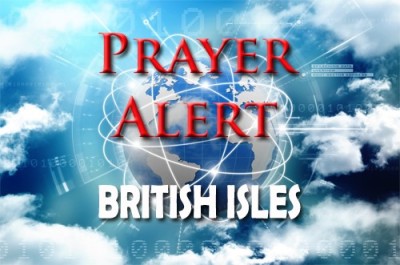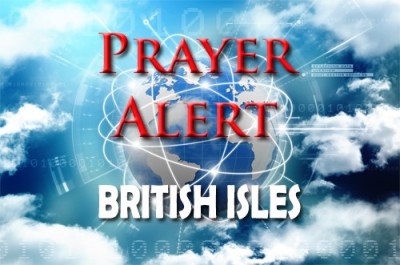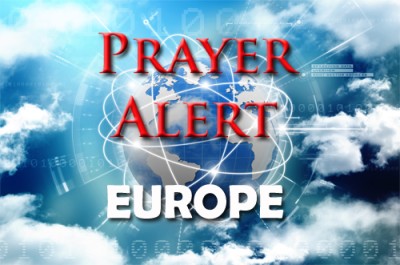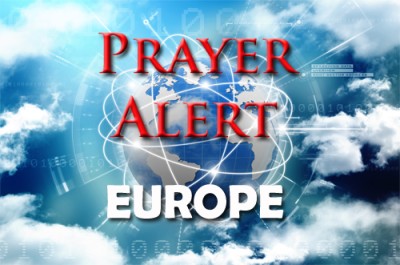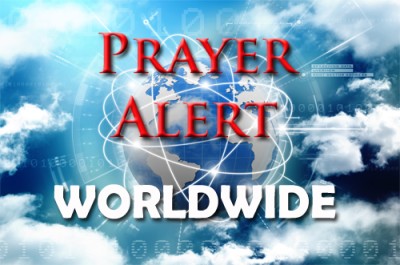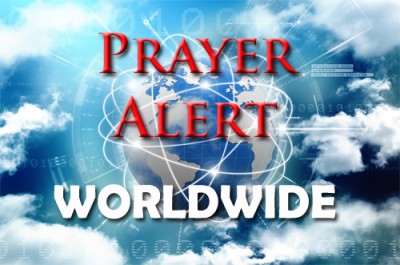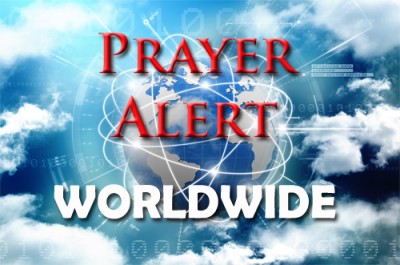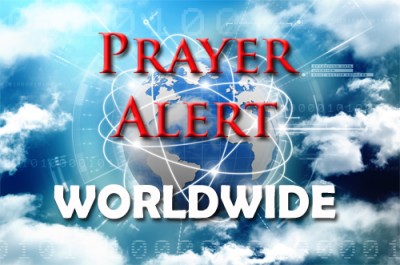Increasing 5G coverage won't 'level up' the struggling
Michael Gove admitted that people in some areas have been ‘overlooked and undervalued’ by Westminster for years. Truro Foodbank is in one of the poorest UK areas; its manager said levelling up won't be effective unless low wages are addressed. Many in Cornwall are not on a national pay structure, so have 23% less pay. They have higher water bills because of the coastal areas and now there are rising utility bills. He said, ‘Financial pressure comes from how much your income is, and what you've got to pay out. 66% of the people receiving foodbank parcels are on low incomes. Levelling up will see 5G mobile data coverage for the “large majority” of households. But this will mean little to struggling households. There’s an expectation that everyone has a smartphone. Those who haven’t are disadvantaged because they can't even make an application for help in the first place.’
Homelessness on the increase
New quarterly London figures reveal that one in three rough sleepers are under 35. The Salvation Army warns that many young people are on the edge of homelessness. The Combined Homelessness and Information Network (CHAIN) quarterly report released on 1 February showed 2,949 people slept rough in London between October and December 2021, a 1% rise on the previous quarter. 45% of them were sleeping rough for the first time. The Salvation Army said, ‘When tackling homelessness, prevention is better than a cure. By the time you have no choice but to sleep on the streets, the road back to health, housing and happiness can be a very long one. While the CHAIN figures give a snapshot of rough sleeping, our research shows how close so many young people are to the threat of homelessness. There is no easy solution and many will need ongoing support to help break the rough sleeping cycle.’
France: new Omicron sub-variant
Studies are underway to find the precise characteristics of the latest Covid-19 variant, BA2. Accounting for over half of sequenced Omicron cases in 57 countries, it appears more transmissible than the original strain and more able to infect the vaccinated. BA2, nicknamed ‘Omicron's little brother’, was mentioned for the first time during a press conference on 20 January and is being scrutinised by scientists. It appears to have a growth advantage compared to the version of Omicron that has swept the globe. Analysis suggests it could be substantial, although there is a risk of over-estimating growth advantage in the early stages. What we know is that it is a growing proportion of cases. There are no precise data yet on its resistance to vaccines or the severity of the cases.
EU considering nuclear and gas as sustainable
Nuclear and natural gas energy plants could be counted as ‘green energy’ under new controversial EU plans. The European Commission has decided that both types of energy can classify as ‘sustainable investment’ if they meet certain targets. But the move has divided the EU and been fiercely opposed by some members. For instance Austria's chancellor said, ‘Nuclear power is neither green nor sustainable’. Spain also strongly objects, but objections are balanced by support from nuclear-using nations such as France. Classifying natural gas as ‘sustainable’ also has supporters in countries still relying on coal for energy (such as Poland) who would benefit from incentives to move to a relatively cleaner supply. Green parties are fiercely campaigning against the plan. But the European Commissioner said, ‘We need to use all the tools at our disposal’ to reach the climate-neutral target’.
Afghanistan: Christians on precipice of disaster
Christians in Afghanistan are on the precipice of disaster. Women and children fear the utter brutality of Taliban rule. They are hiding in their homes for fear of what the Taliban will do to them. The Taliban have taken over Afghanistan in a catastrophe of epic proportions. The west is abandoning Afghan Christians, helpless women and children, and U.S. citizens. The Taliban are going door to door looking for Christians to kill and unmarried women to take captive. There are fears of the same genocidal persecution Christians suffered in Iraq and Syria. The American Centre for Law and Justice is mobilising to defend Christians' lives in Afghanistan. It is submitting reports for UN consideration and filing critical demands of the Biden administration (which will likely lead to a lawsuit). It wants international intervention to prevent needless bloodshed and human rights atrocities before it is too late.
Nigeria: militants kill Christians, soldiers do nothing
On 28 January a contact in Nigeria discovered over 500 bullet shells used in the killing of eighteen Christians in Ancha village, located about two hours from the capital of Plateau State. Villagers said the attackers were Fulani militants dressed in black while others wore the uniform of the Nigerian army. Thirty soldiers with AK47s were stationed in a classroom in the community when the attack happened. The converted classroom served as a barracks for the soldiers. Despite being stationed inside the village, the soldiers did not defend it against the invading militants. Instead, they stood by and watched as houses were burnt, cars and food were destroyed, and villagers were killed. During the attack, the soldiers protected only their two vehicles and the converted classroom. This attack is just the latest in a years-long pattern of militant violence committed against Ancha and neighbouring villages. Often bullet shells found belong to the army.
Brazil: violence against women surges
The Brumadinho dam disaster in 2019 killed 270 people and caused extensive environmental damage that affected the livelihoods of 944,000 people. Men were brought in to carry out repairs, and violence against women increased at home and outside the home. This was attributed partly to the influx of the new workers and partly to households under pressure when livelihoods collapsed. On the third anniversary of the disaster, women have described the effects on them when drinking-water supplies were destroyed, as well as fisheries and other sources of income. They said that their livelihoods, particularly in agriculture and fishing, had been ‘extinguished’ because of contamination, shortages of water and lack of investment in production. Christian Aid said, ‘Families have been torn apart and the community remains devastated three years on. It is chilling to understand countless women have been subjected to the horrors of gender-based violence.’
Ecuador: deadly landslides
Landslides triggered by heavy rain and flooding have sent mud waves three metres high across Quito, killing at least 24 and seriously injuring 48; many more are missing. Residents could not save anything as mud carried away motorcycles, cars, trees, telegraph poles and anything not bolted down. It was the worst landslide in almost twenty years. Government rescue workers, hearing cries for help from people trapped below the mud, called for everyone to keep quiet so they could hear survivors. The rescue operations remain dangerous as smaller mud waves continue to cascade from the mountains. Pray for residents and rescue workers in danger of being buried as soil from the mountain continues to shift. Authorities have not yet ruled out the possibility of another major landslide in the area. Most of Quito’s 2.7 million people have been taken to shelters, some suffering from hypothermia. Authorities have called for three days of mourning to remember the victims.

